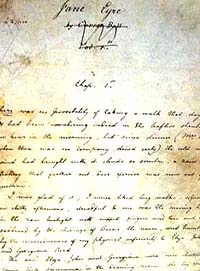You'll never leave where you are until you decide where you'd rather be. Not knowing where to go or what to do in order to find satisfaction with himself is one of the primary battles Karim faces.
Being multi-racial is hard on Karim. Even though the world was changing a great deal, there were still many obstacles to overcome - primarily racism. He was often taunted and called horrible names. Karim eventually learned to go on about his way while worrying as little as possible about what others thought of him.
"I am an Englishman, born and bred, almost." Throughout the novel, Karim struggles with his combined background (English and Indian).
His struggles are especially evident while he plays Mowgli and has to adopt an Indian accent, a major struggle for him. It's not easy to play into a stereotype such as the one Mr. Shadwell presents.
London during the 1970s was dramatically different from before World War II.
"In a decade dominated by youth, London has burst into bloom. It swings; it is the scene..." - Time magazine, 1966
His time as an actor is both fun and challenging, and brings a lot to light for Karim. Unlike Charlie, he doesn't necessarily enjoy constantly being in the limelight.
"I walked around Central London and saw that the town was being ripped apart; the rotten was being replaced by the new, and the new was ugly." After Karim leaves Charlie in New York, he realizes that home, the place that should be most familiar to you, is always changing. The fact that life is an ongoing process is the insight Karim gleans throughout Buddha of Suburbia.












